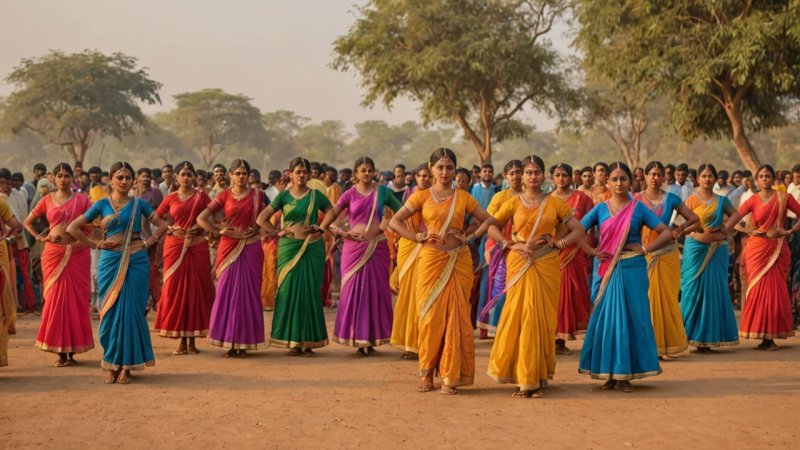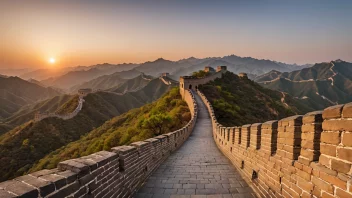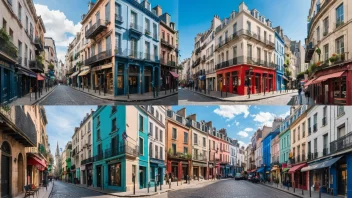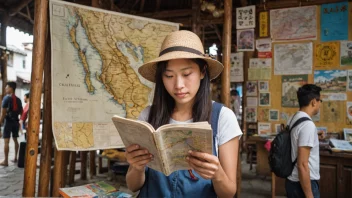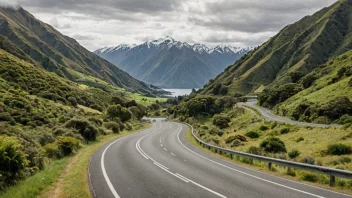Introduction
India is a land of diverse cultures, traditions, and experiences waiting to be uncovered. While famous landmarks and tourist hotspots attract millions each year, the true essence of India often lies in its hidden cultural gems. In this article, you will learn how to delve deeper into India’s rich cultural heritage by exploring lesser-known yet fascinating experiences. From local festivals to traditional crafts, we will guide you step-by-step to ensure you don’t miss out on these unique opportunities.
Step 1: Research Local Festivals
One of the best ways to immerse yourself in Indian culture is by participating in local festivals. Each region celebrates its unique festivals that reflect its traditions and community spirit.
- Identify Your Destination: Focus on the region of India you wish to explore.
- Check Festival Calendars: Look for local festivals that coincide with your travel dates. Websites like Incredible India or local tourism boards can provide useful information.
- Participate: Attend the festivities to experience the local culture firsthand. Engage with locals, try traditional foods, and appreciate the dances and rituals.
Step 2: Explore Rural Villages
While cities offer vibrant experiences, rural India provides a glimpse into authentic lifestyles.
- Choose a Village: Research villages known for their cultural significance, such as Rajasthan or Kerala.
- Plan Your Visit: Consider a homestay or community-based tourism option that allows you to stay with local families.
- Engage with Locals: Participate in daily activities such as farming, cooking, or traditional crafts. This provides a deeper understanding of their way of life.
Step 3: Discover Traditional Arts and Crafts
India's craftsmanship is renowned worldwide. Engaging with local artisans offers a unique perspective on India's artistic heritage.
- Visit Artisan Clusters: Areas like Kutch in Gujarat or Channapatna in Karnataka are famous for their crafts.
- Attend Workshops: Many artisans offer workshops where you can learn traditional crafts such as pottery, weaving, or painting.
- Buy Directly: Purchase handmade items directly from artisans, ensuring that your money goes to the creator.
Step 4: Taste Authentic Cuisine
Food is an integral part of culture. Exploring local cuisine is essential for a complete cultural experience.
- Seek Out Local Eateries: Avoid chain restaurants and opt for family-owned establishments or street food stalls.
- Participate in Cooking Classes: Many local chefs offer classes that teach you to cook traditional dishes.
- Attend Food Festivals: Engage with local cuisine by attending food festivals that celebrate regional specialties.
Step 5: Connect with Local Communities
Building relationships with locals enhances your travel experience and provides insights into their culture.
- Volunteer: Consider volunteering with local NGOs that work in community development. This can enhance your understanding of social issues and cultural practices.
- Join Cultural Exchange Programs: Participate in programs that connect travelers with local communities for cultural exchange.
- Stay Open-Minded: Approach every interaction with respect and curiosity, as this fosters meaningful connections.
Conclusion
Exploring hidden cultural experiences in India requires an open heart and a spirit of adventure. By researching local festivals, exploring rural villages, discovering traditional arts, tasting authentic cuisine, and connecting with communities, you can truly appreciate the richness of Indian culture. Remember to embrace spontaneity and enjoy every moment of your journey!
